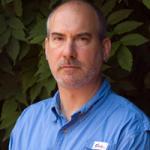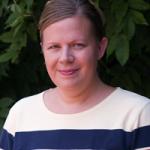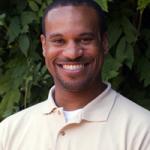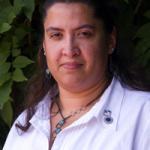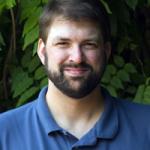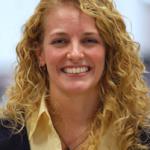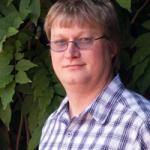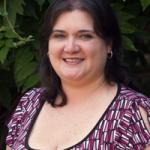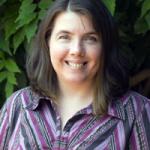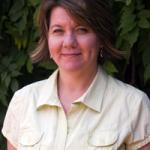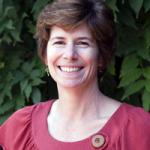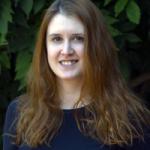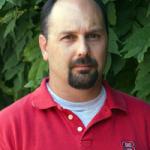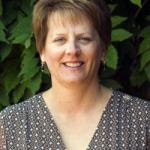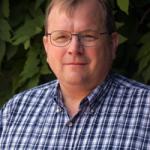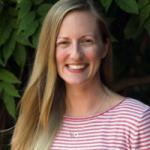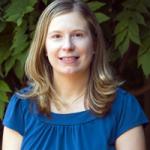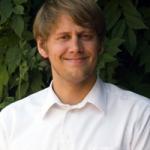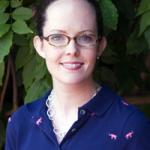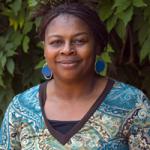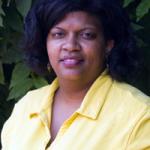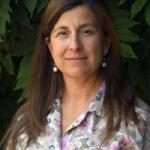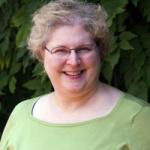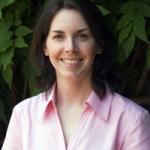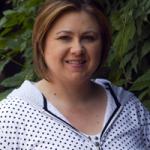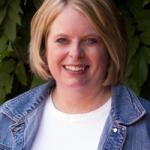Bertie High School
Bertie County Schools
Mentor: Dr. Thomas Rossbach, Elizabeth City State University
Sponsor: National Science Foundation
Improving Student Understanding of Evolution Across the High School Curriculum
Kenan Fellow Bruce Boller is teaming with Dr. Thomas Rossbach, a geologist and physical scientist at Elizabeth City State University to allow K-12 students to see and work with new field research tools. The collaboration with Dr. Rossbach enriches earth science, biology and AP biology classes with new, inquiry-based classroom activities including: 1) mapping the Earth’s changing geology, 2) collecting fossils through virtual field trips to Western New York and West Virginia, and 3) identifying extant and extinct organisms in earth science. Mr. Boller’s biology students are using computer simulations to observe how genomic changes cause evolution. They are conducting their own experiments in a computer ‘environment’ and presenting their findings through research papers and posters.
